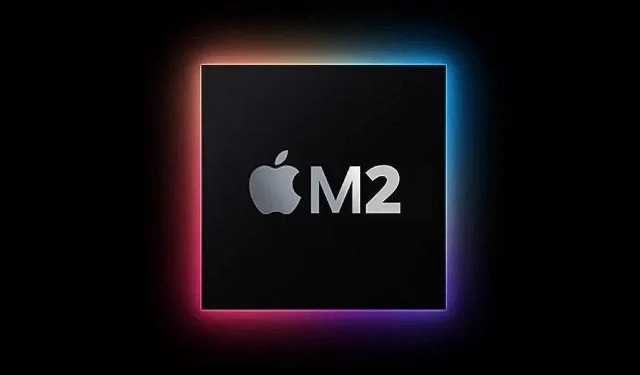Forget the M2 chip as Apple plans to start production of the M2 Pro chip later this year, the report says.

Earlier this week, Apple unveiled the first of its second-generation desktop processors, the Apple M2, at Worldwide Developers Conference (WWDC) 2022. The new M2 system-on-a-chip (SoC) features improvements such as an 18% increase in processor performance over 8 – Core layout and 35% faster GPU performance compared to the new 10-core layout. However, the M2 is still based on the 5nm process just like the older generation M1 SoC. That, according to a report from the technology research department of Hong Kong-based investment bank Haitong International Securities Group, could soon change with the introduction of the Apple M2 Pro SoC.
Apple M2 Pro SoC: what does it have to offer?
According to a market analysis report by Jeff Pu, an analyst and managing director of technical research at Haitong, Taiwan’s TSMC, Apple’s chip supplier, is expected to launch the more powerful M2 Pro chip later this year. The chip will be based on a 3nm process and will begin mass production later this year.
The Apple M2 Pro can offer up to 12 cores in its processor, as well as an even more powerful GPU. This may justify its use in Apple’s “professional”hardware, which is already rumored. The 3nm process should also offer clear performance advantages and allow Apple to offer even better performance than what it was able to get with the standard M2 SoC.
According to rumors, Apple is expected to release a new Mac mini variant with the M2 Pro SoC inside, while a new 14-inch MacBook Pro is also in question. Interestingly, the M2 Pro-based MacBook Pro and Mac mini are already rumored to be released by the end of this year, which would fit into the scheme of things if TSMC starts making Apple’s new “Pro”chip later this year.
Pu’s research also added that Apple could also offer an iPad based on the M2 Pro SoC, which could also be unveiled later this year. Alongside this, Apple is also set to eventually release the M2 Max and M2 Ultra SoCs, which will complete Apple’s full portfolio of second-generation custom chips.
Leave a Reply